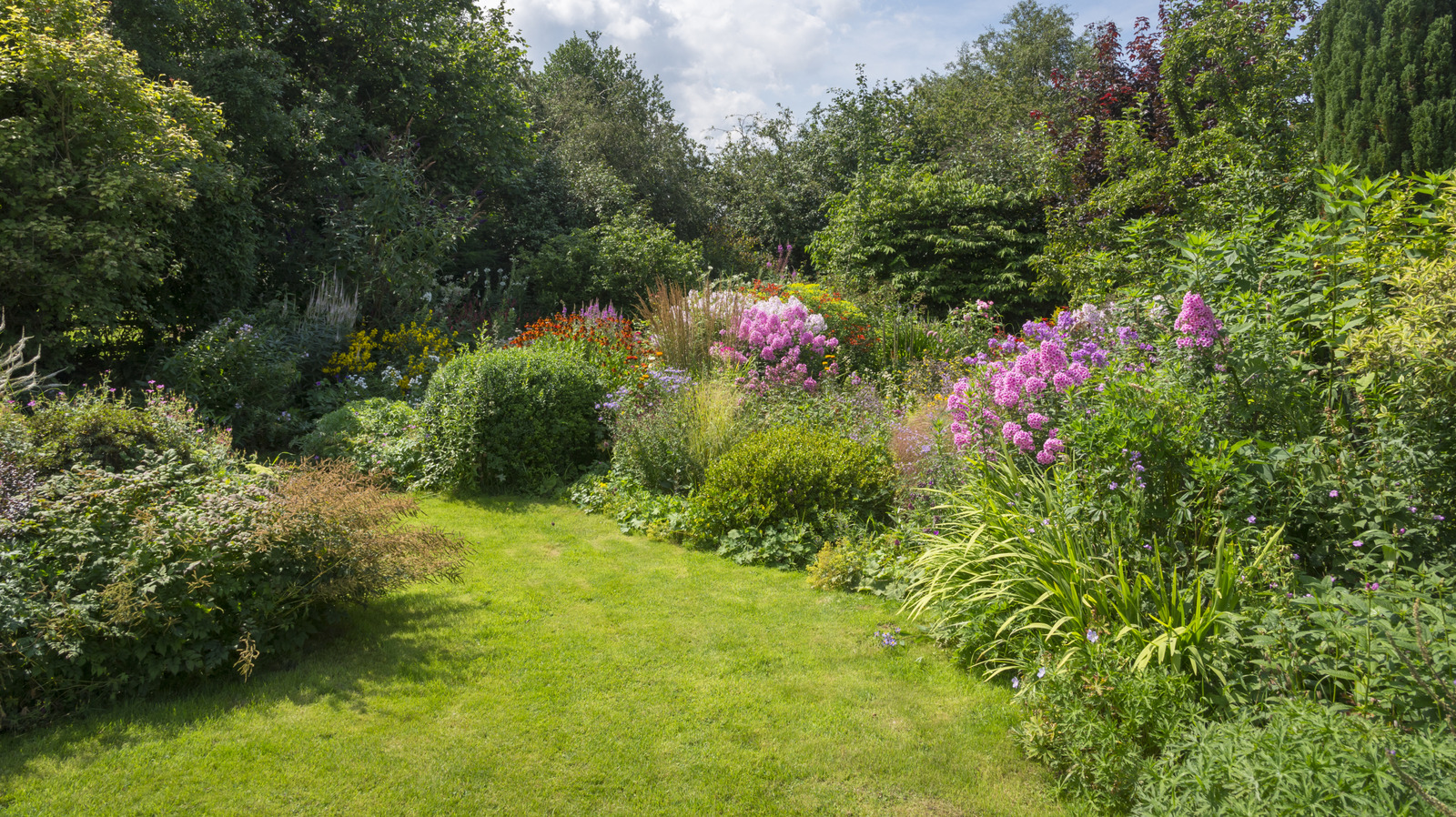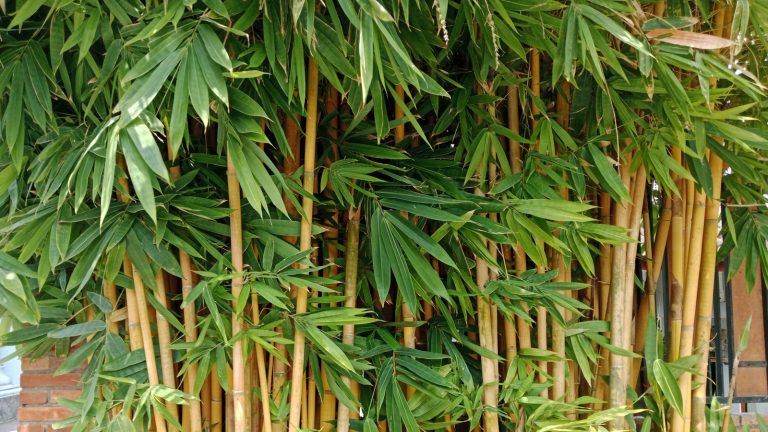
When searching for plants to use as living privacy screens, having fast-growing options may be a priority. However, it’s important to avoid species that spread too quickly and become invasive. Many popular privacy plants are actually invasive and can cause more harm than good. Species like European privet and golden bamboo should be avoided due to their invasive nature. Instead, consider planting native or non-invasive non-native privacy plants like American holly, sweet olive, and wax myrtle. These plants provide privacy without taking over your yard and benefit local wildlife.
Avoid Privet
Privet species, from European to Chinese privet, are considered invasive in the U.S. European privet, for example, grows quickly and spreads beyond yards through birds eating its seeds. It’s best to avoid planting invasive privets for privacy hedges.
Don’t plant golden bamboo
Golden bamboo is a running bamboo that spreads quickly through rhizomes. It’s classified as invasive in several states due to its fast growth. Identify it by its short swollen internodes and fan-shaped green leaves.
Stay away from Buckthorn
Common buckthorn and glossy buckthorn are invasive species that can grow up to 25 feet tall and spread rapidly. They outcompete native plants and can prevent sunlight from reaching other plants.
Beware of burning bush
Although burning bush is popular for its ornamental value, it is invasive and can outcompete native plants. It’s best to avoid planting burning bush for privacy barriers.
Keep Japanese barberry away
Japanese barberry easily spreads through birds and animals eating its fruit. It’s best to avoid planting Japanese barberry due to its association with the black-legged tick.
Don’t plant sacred bamboo
Sacred bamboo is an evergreen shrub native to Asia that can spread outside of home gardens. Avoid planting it due to the toxic compounds in its fruit that can be harmful to humans and animals.
Avoid leyland cypress
Leyland cypress, although not traditionally considered invasive, can grow larger than expected and be affected by root rot. Consider other options to avoid potential issues with this tree.
Keep Chinese silvergrass away
Chinese silvergrass is a common ornamental grass that is invasive and highly flammable. It spreads through wind-blown seeds and rhizomes, making it a risky choice for privacy screens.
Plant American holly
Consider planting American holly as a native alternative for privacy screens. This evergreen tree provides food for wildlife and grows well in local conditions.
Consider yellow indiangrass
Yellow indiangrass is a native, wildlife-friendly alternative to invasive Chinese silvergrass. This ornamental grass provides year-round interest and cover without being invasive.
Take a look at wax myrtle
Wax myrtle is a native evergreen shrub that is tolerant of urban conditions and provides privacy barriers with its fragrant flowers and waxy fruit.
Give sweet olive a try
Sweet olive is an evergreen shrub that can be pruned into small ornamental trees for privacy hedges. It grows well in various soil conditions and is great for hedges.
You might enjoy coral honeysuckle
Train coral honeysuckle to climb up fencing for a living privacy hedge. This flowering vine attracts pollinators and hummingbirds without becoming aggressive.
Plant spicebush
Consider planting spicebush as a native alternative to forsythia for privacy screens. This deciduous shrub provides dense growth and is low maintenance, making it a great choice for borders.






